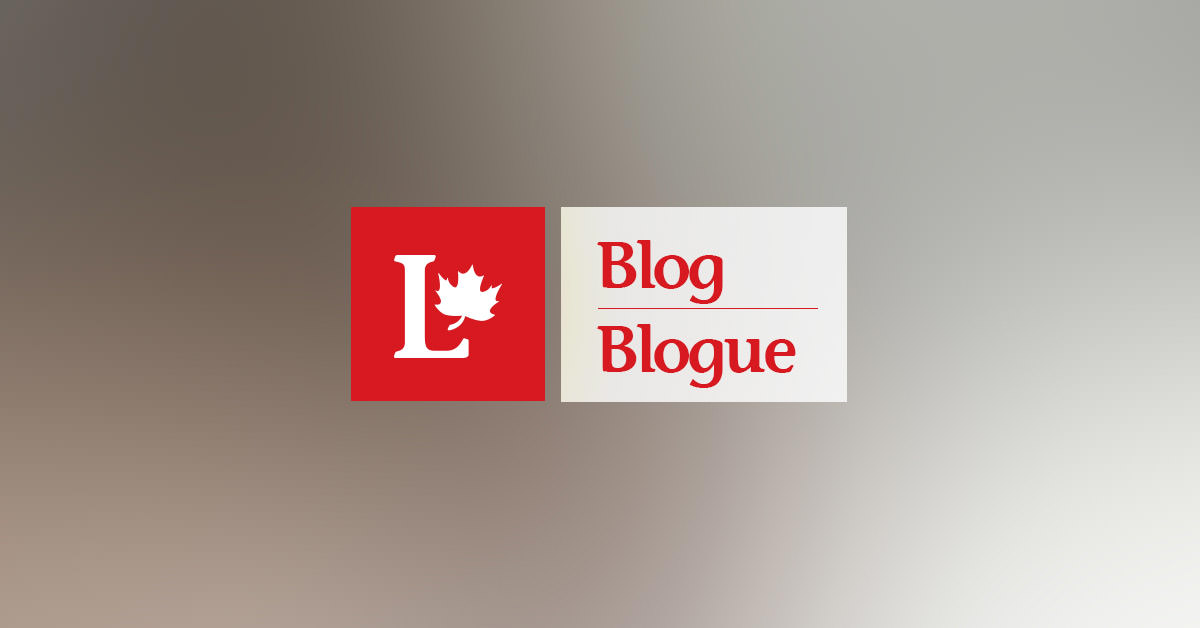Canadians want help for middle class not tax breaks for wealthy in Budget 2015
December 18, 2014

Dear Minister,
Thank you for your letter seeking input into the 2015 federal budget.
While I certainly share your sentiment that any reckless spending in the upcoming budget should be avoided, your Conservative government’s recent $2 billion income splitting announcement will eat through virtually the entire federal surplus, without creating a single job or opportunity for young people to get ahead. Liberals agree with the late former Finance Minister, Jim Flaherty, who said that this income splitting proposal is unlikely to be beneficial for the vast majority of Canadians or the middle class.
Middle class Canadians have sacrificed so that the federal government can have a surplus. They should not have to pay for a tax break that will not help 85 percent of Canadians, while giving families like the Prime Minister’s and mine a $2,000 tax break. Income splitting is not a wise investment, and is, frankly, the definition of “reckless.”
Rather than implementing unfair tax breaks for the wealthy, we should instead be investing the surplus in areas that will benefit all Canadians, both now and in the long-term. Smart investments in education, infrastructure, natural resources and innovation will create jobs in the short-term and prepare Canada for the challenges of the future. We must promote the importance of trade by actually finalizing major trade agreements, like CETA, instead of simply re-announcing deals that remain under negotiation. And certainly, we should be providing greater funding and support to our veterans now – and not in 50 years.
That being said, as you requested low-cost or cost neutral proposals, I submit the following:
First, I suggest undertaking a major overhaul of our Access to Information system, which is grossly outdated and needs to be updated to reflect governance and technologies in the 21st century.
The government should begin by amending the Access to Information Act to ensure that government information is open to Canadians by default. As we know well, Canada’s record on its Access to Information system has been loudly criticized by many, including Parliamentarians, the Information Commissioner, the press, researchers and independent experts. The administrative cost savings that could be achieved by making information releasable by default would be substantial, and would, in fact, save the government money.
Secondly, the 2015 budget should create an all-party national security oversight committee. Canada is currently the only member of the Five Eyes Alliance without such a body, denying Canadians the ability to hold our security agencies to account.
Great strides were made to rectify this during the 37th and 38th Parliaments, including excellent work done by the Interim Committee of Parliamentarians on National Security, upon which the current Justice Minister sat. That process led to the tabling of Bill C-81, which died on the Order Paper at the dissolution of the 38th Parliament. Since 2006, progress towards an all-party national security oversight committee has stalled.
As Parliamentarians would not draw extra salary for sitting on such a committee, the expense would be limited to administrative support. The 2004 report of the Interim Committee of Parliamentarians on National Security estimated the costs to be in the realm of $3 million annually. I think we can both agree that this is justifiable if it results in the necessary oversight of our security agencies.
Thirdly, I recommend a stricter system of regulation around government advertising. Certainly, government advertising can serve a useful purpose; during the SARS outbreak, the Government of Canada undertook a large outreach campaign to inform Canadians about the disease, along with effective measures to prevent its spread. The Canada Tourism Commission previously had a reasonably sized budget to advertise Canada as a tourism destination to prospective travelers, but this is no longer the case. The past few years have seen a marked increase in Government of Canada advertising that is clearly partisan in nature and provides very little useful information to Canadians.
As the National Post recently pointed out, the most recent Government of Canada ads are nearly indistinguishable from Conservative Party of Canada advertising. This is a blatantly improper use of public money and is unacceptable to Canadian taxpayers.
My colleague David McGuinty, the Member for Ottawa South, currently has a Private Member’s Bill before the House, C-544, which would ensure that government advertising is appropriate. I urge you to use the upcoming budget to implement that legislation. The money saved by prohibiting wasteful partisan advertising would easily be in the tens of millions of dollars per year.
Finally, Canadians have been clear that they do not want another undemocratic omnibus budget bill. This means greater financial transparency is paramount for Budget 2015, and for all legislation dealing with government spending. To that end, I propose stronger Parliamentary control over public finances, including an annual deadline for the budget; accounting consistency among the Estimates and the Public Accounts; more clarity in voting on Estimates; a costing analysis for each government bill; and a requirement that government borrowing plans must receive Parliament’s pre-approval. Canadians want – and deserve – to know how their tax dollars are being spent.
These proposed changes will enhance the efficiency and transparency of government for all Canadians. I hope that you will give them your full consideration as you finalize the 2015 federal budget.
Sincerely,
Justin P. J. Trudeau, M.P.
Leader of the Liberal Party of Canada